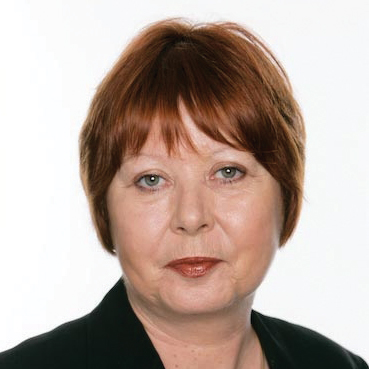
23 Apr Platts is not the Issue
The Daily Telegraph of 22nd April published an article on Brent[1] that referred to Consilience’s recent study on the continuing evolution of the “Brent” oil price benchmark and the new blends that might be added to the Brent/Forties/Oseberg/ Ekofisk (BFOE) basket of blends of which “Brent” is now comprised.
For the avoidance of doubt, Consilience’s study does not bash Platts. I don’t see eye to eye with Platts on some issues but I think that they, and their competitors Argus and ICIS, do a great job of reporting a complex market in very difficult circumstances. Here’s the underlying issue.
Since 2007 “Brent” has been living on borrowed time. The Brent basket ceased to make sense when the quality of Forties changed to make it the grade with the least attractive quality, and therefore the lowest price, in the BFOE basket.
As I said in my blog of 23rd March 2014[2], if the market was left to its own devices, Adam Smith’s invisible hand would promote workable contracts and consign the rest to the dustbin of history.
If it had not been for the intervention by the most active players in the crude market, using the conduit of Platts, to maintain the Brent brand, contracts that allowed for the delivery of low quality Forties as a substitute for higher quality Brent, Oseberg and Ekofisk, would have atrophied. We may potentially have seen a new, less prominent BOE contract emerging, replacing the unsatisfactory BFOE. We might even have seen a Flotta/Forties/Urals basket develop to share the burden of benchmark pricing for the heavier and more sour grades of crude than those in the much reduced BOE basket.
But we are where we are. Understandable efforts to maintain the volume of crude oil in the BFOE basket has given us an increasingly tortured benchmark instrument, with sulphur de-escalators and inadequate quality premia for Oseberg and Ekofisk.
The current lobbying of Platts to include grades of oil from further afield in the BFOE basket, such as Russian Urals or North or West African grades, potentially compounds the existing problems by requiring the inclusion of freight escalators to add to the quality escalators that are already causing dissatisfaction with the benchmark basket.
If the regulatory community wants to have a say in what is happening in the oil market they need to allocate responsibility to one of their number to oversee the process of care and maintenance of benchmark oil prices, not just Brent. I suspect the Oxford Institute for Energy Studies or the Energy Institute might be happy to play a role in facilitating the logistics of a benchmark conservation programme, not just for crude, but for refined products too.
In the meantime Consilience has attempted to move the crude debate on by analysing other, more geographically compatible, blends – Flotta, Troll (with or without Johan Sverdrup), DUC – that may be considered for inclusion in the BFOE basket, in our latest study[3].


